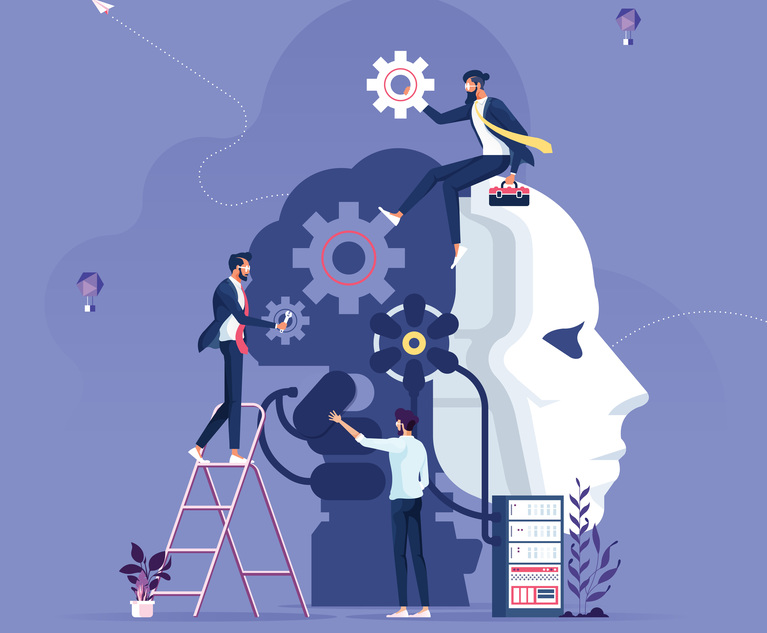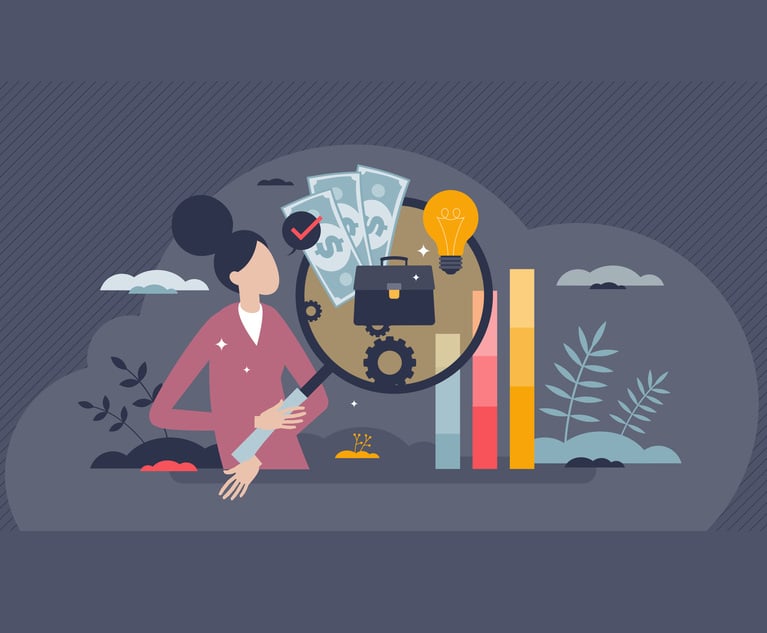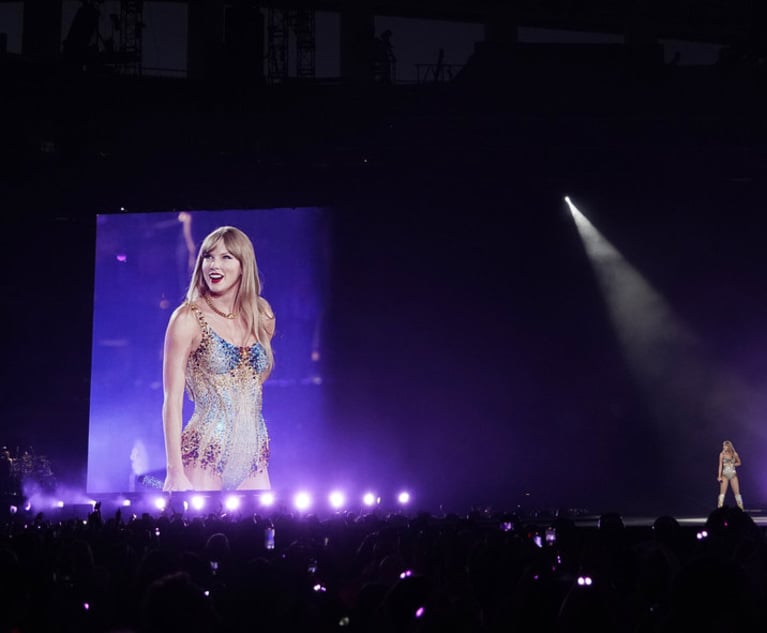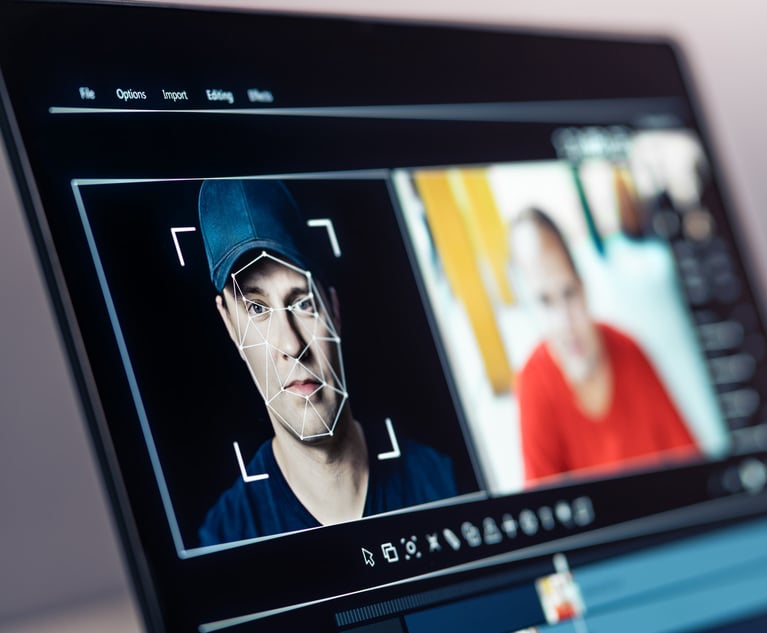As anyone who follows technology is aware, ChatGPT has made one of the biggest splashes in the innovation pool in recent memory. It has already had a profound effect on the software space as the ripples continue, and will be felt for some time.
Generative AI (e.g., ChatGPT) has turned query inputs into work product that appears to meet or exceed expert standards, and allows even novice users to take advantage of this powerful tool. The technical and legal issues that result are myriad. Savvy in-house counsel and business executives must prepare for the onslaught this technology brings. Traditional protections involving copyright, trade secrets, and even patents can be undermined and even inapplicable when invoking ChatGPT as a contributor. At this time, the surest path forward is to avoid these issues entirely, and secure protection before anyone has the chance to infect your innovation with ChatGPT or other AI.
This content has been archived. It is available through our partners, LexisNexis® and Bloomberg Law.
To view this content, please continue to their sites.
Not a Lexis Subscriber?
Subscribe Now
Not a Bloomberg Law Subscriber?
Subscribe Now
LexisNexis® and Bloomberg Law are third party online distributors of the broad collection of current and archived versions of ALM's legal news publications. LexisNexis® and Bloomberg Law customers are able to access and use ALM's content, including content from the National Law Journal, The American Lawyer, Legaltech News, The New York Law Journal, and Corporate Counsel, as well as other sources of legal information.
For questions call 1-877-256-2472 or contact us at [email protected]


 Credit: treety/Adobe Stock
Credit: treety/Adobe Stock







